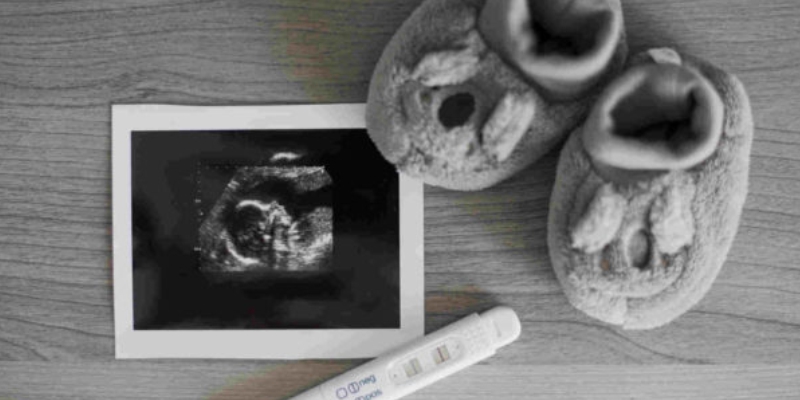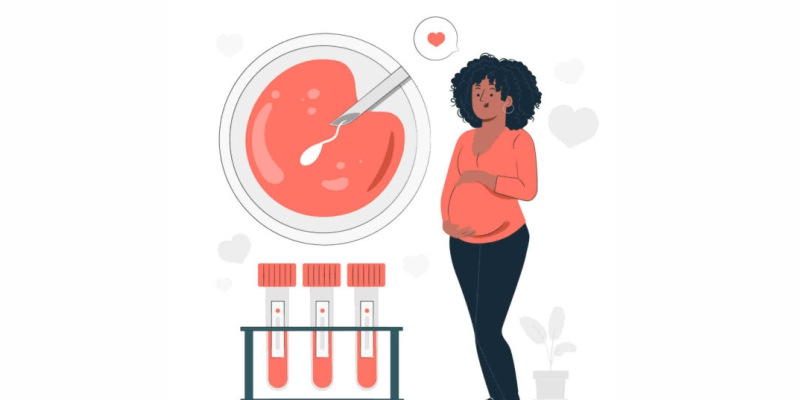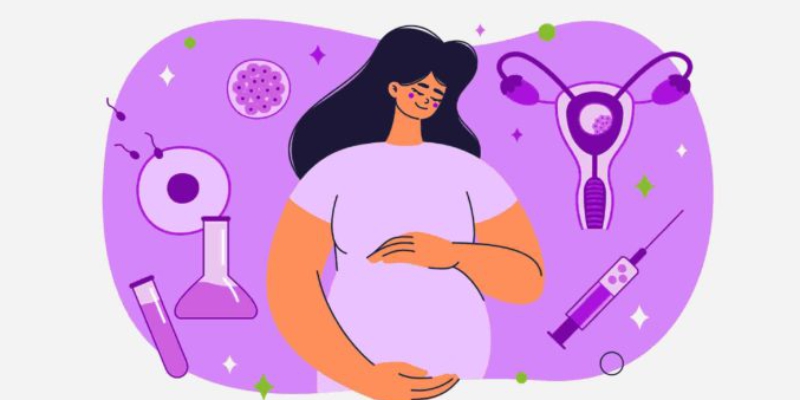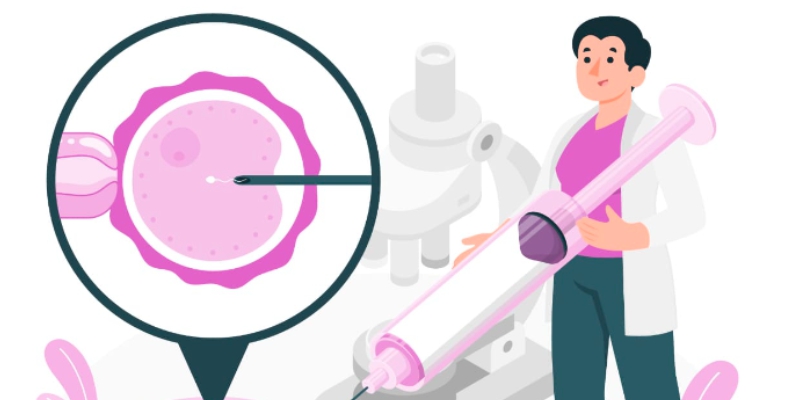Author – Dr. Preethika Shetty
MBBS, DNB, M.S(OBGY), Fellowship in Reproductive Medicine (ICOG)
Consultant – Obstetrician & Gynaecologist
10 Must-Follow Precautions During IVF Pregnancy Journey
Introduction
An IVF pregnancy is a unique and special journey that requires a heightened level of care and attention. At Motherhood Hospitals, we offer a comprehensive suite of services, including personalized guidance and closer monitoring by our team of experts, to ensure you and your baby receive the best possible care. This article aims to provide an exhaustive list of 10 must-follow precautions during your IVF pregnancy journey.
1. Regular Medical Check-ups
Consistent and regular medical check-ups are not just a precaution but a necessity during an IVF pregnancy. These check-ups allow for the monitoring of both maternal and fetal health. At Motherhood Hospitals, our specialized approach includes thorough antenatal checks, ensuring that your IVF pregnancy progresses as smoothly as possible.
2. Avoid Stress
Stress can have a detrimental impact on your pregnancy, affecting both your mental and physical well-being. Techniques like deep breathing, meditation, and light exercise can be effective stress relievers. Our top-tier gynecologists at Motherhood Hospitals offer personalized stress management plans, allowing you to focus on what really matters during this special time.
3. Nutritional Supplements
Nutritional supplements like folic acid, iron, and calcium are essential for the healthy development of your baby. These supplements also ensure your well-being and are often prescribed as part of our comprehensive care plans at Motherhood Hospitals.
4. Stay Hydrated
Hydration is crucial during pregnancy for maintaining amniotic fluid levels and supporting increased blood volume. Our team at Motherhood Hospitals emphasizes the importance of hydration and recommends at least 8 cups of water a day as part of our detailed pregnancy after IVF week-by-week guide.
5. Moderate Exercise
Exercise is beneficial for both mental and physical health, but it’s crucial to stick to moderate and low-impact activities like walking and swimming. Our specialized team at Motherhood Hospitals provides exercise plans tailored to your specific needs, ensuring you stay active without overexerting yourself.
6. No Smoking or Alcohol
Smoking and alcohol consumption are strictly prohibited during an IVF pregnancy. These habits can lead to severe complications like low birth weight and developmental issues. At Motherhood Hospitals, we offer support and counseling services to help you quit these habits, ensuring the best medical care available.
7. Adequate Rest
Rest is not just about sleep; it’s about giving your body the time it needs to rejuvenate. Aim for at least 8 hours of quality sleep per night and consider short naps during the day if needed. Our experts at Motherhood Hospitals recommend creating a restful environment to enhance the quality of your sleep.
8. Avoid Heavy Lifting
Heavy lifting can put undue stress on your body, particularly on your back and pelvic area, and should be avoided. Our team at Motherhood Hospitals advises against heavy lifting and offers alternative solutions for daily tasks that may require some form of lifting.
9. Limit Caffeine Intake
While a small amount of caffeine is generally considered safe, excessive consumption can lead to complications such as preterm birth. At Motherhood Hospitals, our dieticians offer consultations that provide personalized guidance on moderating caffeine consumption.
10. Follow Medical Advice
Last but not least, always adhere to the medical advice provided by your healthcare provider. At Motherhood Hospitals, our top-tier gynecologists specialize in IVF pregnancies, offering you peace of mind and the best medical care available.
Conclusion
An IVF pregnancy comes with its own set of unique challenges and milestones. At Motherhood Hospitals, we are committed to providing you with the best possible care and guidance throughout this special journey. Our team of experts is dedicated to making your IVF pregnancy as smooth and joyful as possible, offering you peace of mind and the best medical care available.


 Toll Free Number
Toll Free Number















